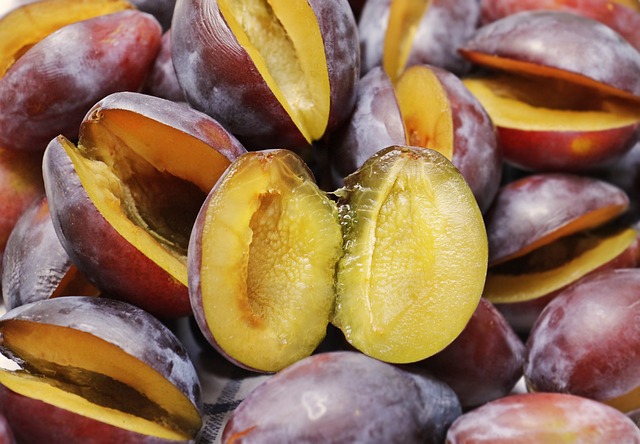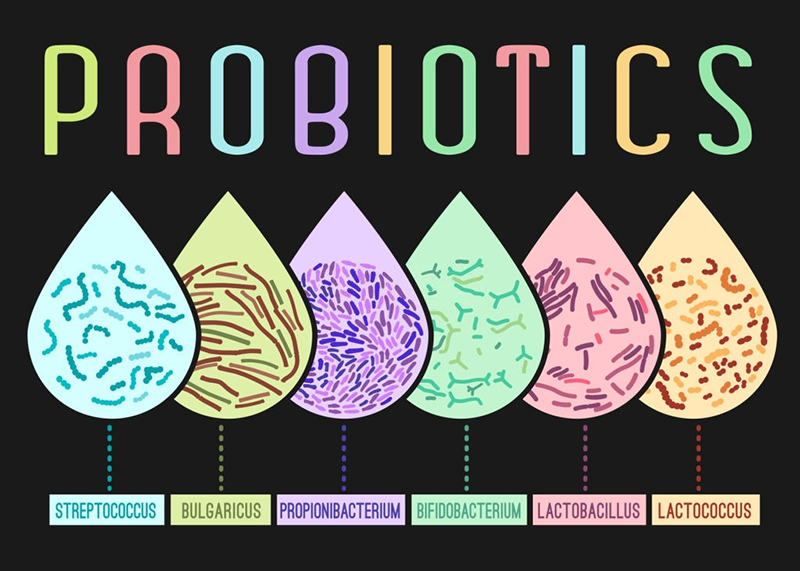Healing your Gut with Probiotics and Prebiotics: A Comprehensive Guide
In recent years, there has been a lot of buzz about the importance of a healthy gut microbiome. It is now clear that the trillions of bacteria that live in our gut play an essential role in our overall health and wellbeing. One way to support a healthy gut microbiome is by consuming probiotics and prebiotics. In this comprehensive guide, we will explore what probiotics and prebiotics are, their benefits, and how to incorporate them into your diet.
What are Probiotics?
Probiotics are live microorganisms that are beneficial to our health. They are often referred to as “good” or “friendly” bacteria because they help keep our gut healthy by balancing the levels of harmful bacteria. Probiotics are found in fermented foods such as yogurt, kefir, sauerkraut, and kimchi, as well as in supplement form.
Benefits of Probiotics
Probiotics offer several benefits to our gut health, which can lead to improved overall health. Some of the benefits of consuming probiotics include:
- Improved digestion and nutrient absorption
- Reduced inflammation in the gut
- Improved immune function
- Reduced risk of certain diseases such as irritable bowel syndrome (IBS), inflammatory bowel disease (IBD), and colorectal cancer
What are Prebiotics?
Prebiotics are types of fiber that feed the good bacteria in our gut. They are found in many plant-based foods such as fruits, vegetables, legumes, and whole grains. Unlike probiotics, prebiotics are not living organisms, but rather they provide food for the probiotics to thrive.
Benefits of Prebiotics
Consuming prebiotics can also offer several benefits to our gut health. Some of the benefits include:
- Improved digestion and bowel function
- Reduced inflammation in the gut
- Improved absorption of minerals such as calcium and magnesium
- Reduced risk of certain diseases such as IBS and colon cancer
How to Incorporate Probiotics and Prebiotics into Your Diet
Consuming both probiotics and prebiotics is important for maintaining a healthy gut microbiome. Here are some tips for incorporating them into your diet:
- Eat fermented foods such as yogurt, kefir, sauerkraut, and kimchi
- Add prebiotic-rich foods to your diet such as onions, garlic, asparagus, bananas, and oats
- Consider taking a probiotic supplement to ensure you are getting enough beneficial bacteria
- Try a prebiotic supplement or powder to boost the growth of good bacteria in your gut
- Limit intake of processed and high-fat foods, which can disrupt the balance of bacteria in your gut
Conclusion
Probiotics and prebiotics are essential for maintaining a healthy gut microbiome, which can lead to improved overall health. Incorporating them into your diet can be easy and delicious by consuming fermented foods, adding prebiotic-rich foods to your meals, and considering supplements. By taking care of your gut, you can take care of your entire body.







